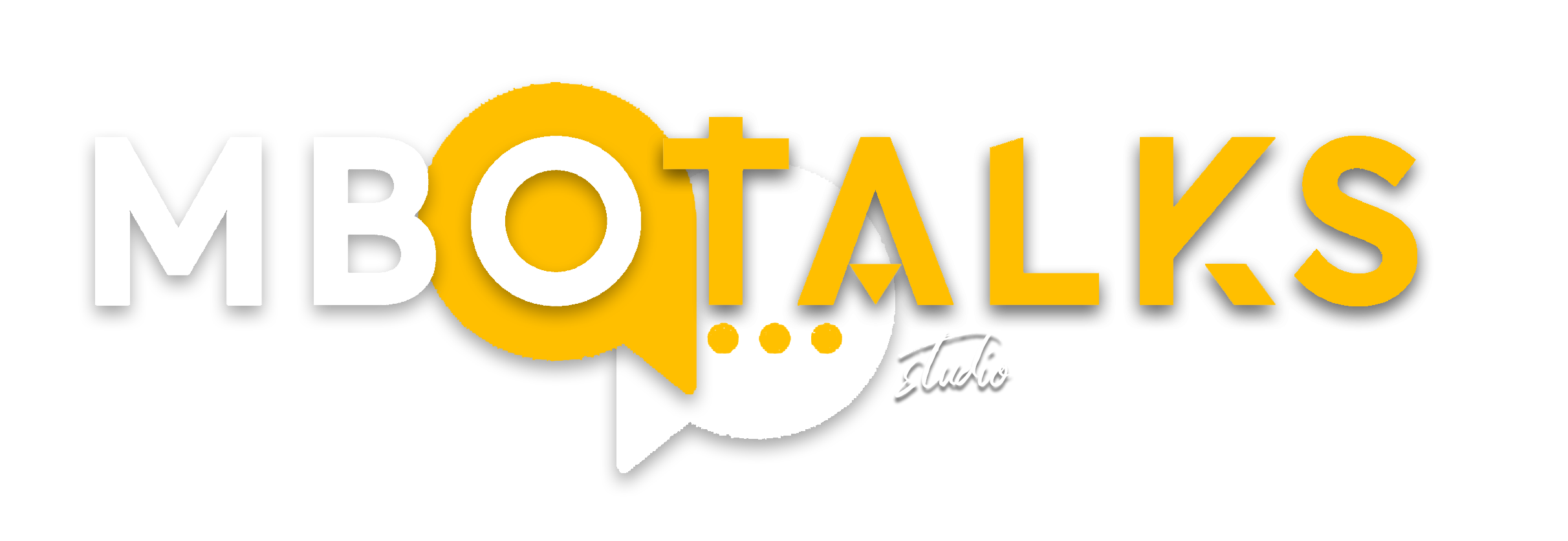The Science Behind Networking: Connecting People for Success in the Modern World
- Alessandro Gomes

- Nov 5, 2024
- 3 min read
Networking is one of the most effective ways to find a meaningful job and achieve career success. Studies show that 80% of professionals consider networking essential to their professional success. Moreover, almost 100% believe that in-person meetings build stronger long-term relationships. Approximately 41% wish to network more frequently.

Investing in networking is one of the most effective ways to secure a meaningful job and achieve success in one's career. Studies indicate that 80% of professionals consider networking essential for their professional success. Additionally, almost 100% believe that face-to-face meetings build stronger long-term relationships. Approximately 41% express a desire to engage in networking more frequently.
One of the primary reasons to invest in networking is the opportunity to connect with individuals who may become future employers or business partners. When hiring, recruiters face the challenging task of selecting one person from hundreds of candidates. Opting for someone with whom they have had prior contact and interaction is an easier decision than choosing someone they have never met or have only briefly interviewed. The same holds true for business partnerships – clients prefer working with professionals they trust, and networking is the primary way to build that trust.
Networking as a Job Search Tool
Networking not only helps kickstart a career but also ensures success in it. According to HubSpot, 85% of jobs are filled through networking. Additionally, CNBC reports that 70% of jobs are never publicly advertised; these positions are either internally circulated or specifically created for candidates known to recruiters through networking. LinkedIn states that 70% of professionals hired in 2016 had a connection within the company, and 80% consider networking vital for career success.
While it's possible to secure a job by randomly submitting resumes to job websites, these statistics clearly show that networking is the best way to build a successful career and maintain job satisfaction.
The Science Behind Networking
The importance of networking goes beyond its proven effectiveness. The science behind networking helps us understand why human connections are crucial for achieving our professional goals.
Studies show that humans are inherently social beings, with our brains wired to seek connection and interaction with others. When we connect with people, our brains release oxytocin, a hormone known as the "love hormone," promoting feelings of trust, empathy, and cooperation. This emotional connection is essential for establishing robust professional relationships.
Moreover, the theory of six degrees of separation suggests that all people in the world are connected by up to six intermediary connections. This means that, through effective networking, it's possible to reach and influence individuals who are just a few connections away.
In-Person and Online Networking
Networking can be conducted both in-person and online, each with its unique advantages and challenges.
In-Person Networking
Before the pandemic, in-person meetings were an essential form of networking. According to HubSpot, nearly 100% of professionals believe that in-person meetings are crucial for maintaining lasting business relationships. The key advantages of in-person networking include:
Building stronger and more meaningful business relationships
Better ability to read body language and facial expressions
Opportunities for social connections and personal interaction
An environment conducive to complex and strategic decision-making
Better setting for difficult negotiations and critical decision-making opportunities
However, in-person networking also poses challenges. Time is one of them, with many professionals claiming they don't have enough time to stay in touch with their network. Additionally, in-person networking events have been impacted by the COVID-19 pandemic, limiting face-to-face interaction opportunities.
Online Networking
On the other hand, online networking has become increasingly popular in recent years, especially with the advent of professional social networks like LinkedIn. Studies show that online networking can lead to new professional opportunities. For instance, a LinkedIn survey revealed that 35% of participants said an informal conversation through LinkedIn Messaging resulted in a new business opportunity.
The key advantages of online networking include:
Time savings and flexibility in location and timing
The ability to multitask during online interactions
Increased productivity
Capability to archive conversations and essential information
Reduced social pressure compared to in-person encounters
However, online networking also presents challenges. The lack of in-person interaction can make it challenging to establish deep emotional connections. Moreover, online information overload can hinder the building of meaningful relationships.
Conclusion
Networking is a powerful tool to boost professional success and achieve career goals. The science behind networking demonstrates that human connections are fundamental for building lasting and meaningful relationships. Statistics confirm that networking is the most effective way to find meaningful jobs and business opportunities.
Both in-person and online networking have their advantages and challenges. In-person networking allows for the creation of stronger relationships and the interpretation of body language and facial expressions, while online networking offers time savings and flexibility.
Regardless of the chosen approach, it's crucial to invest in networking and maintain meaningful connections over time. Seize networking opportunities to build robust relationships, find meaningful jobs, and achieve professional success. Remember that human connections are the key to success in the modern world.





Comments